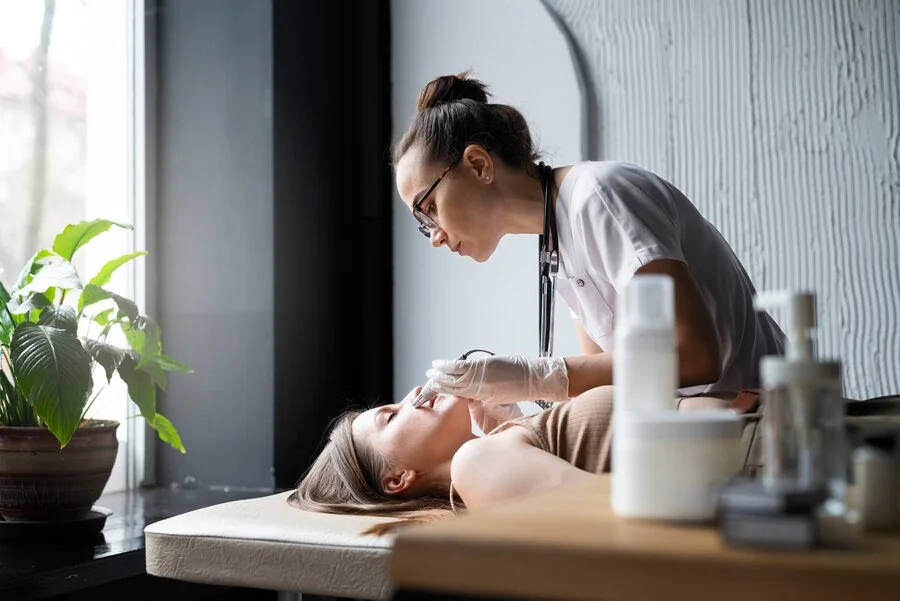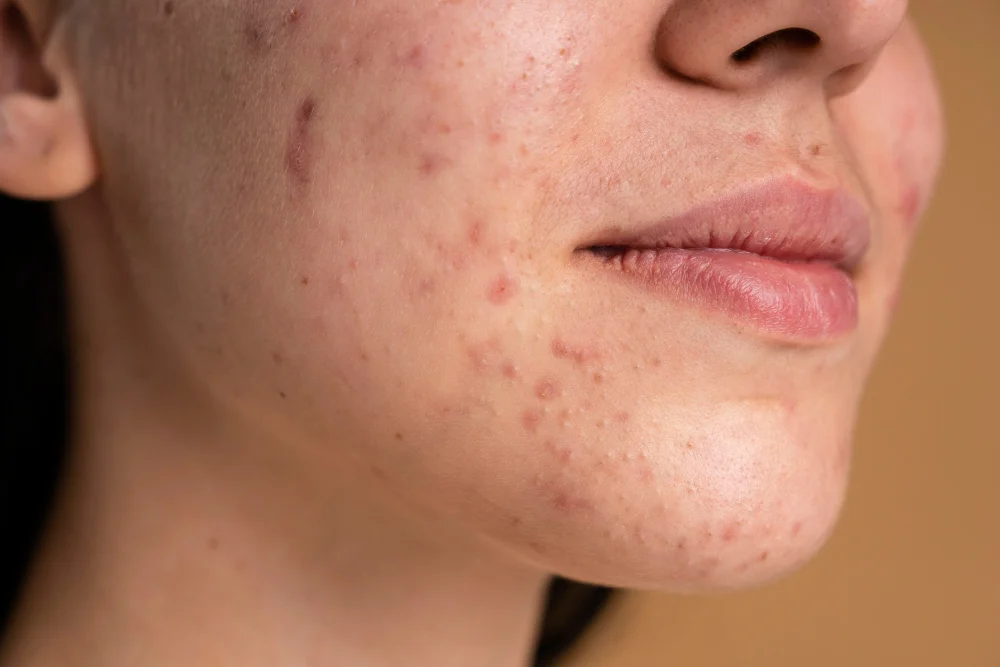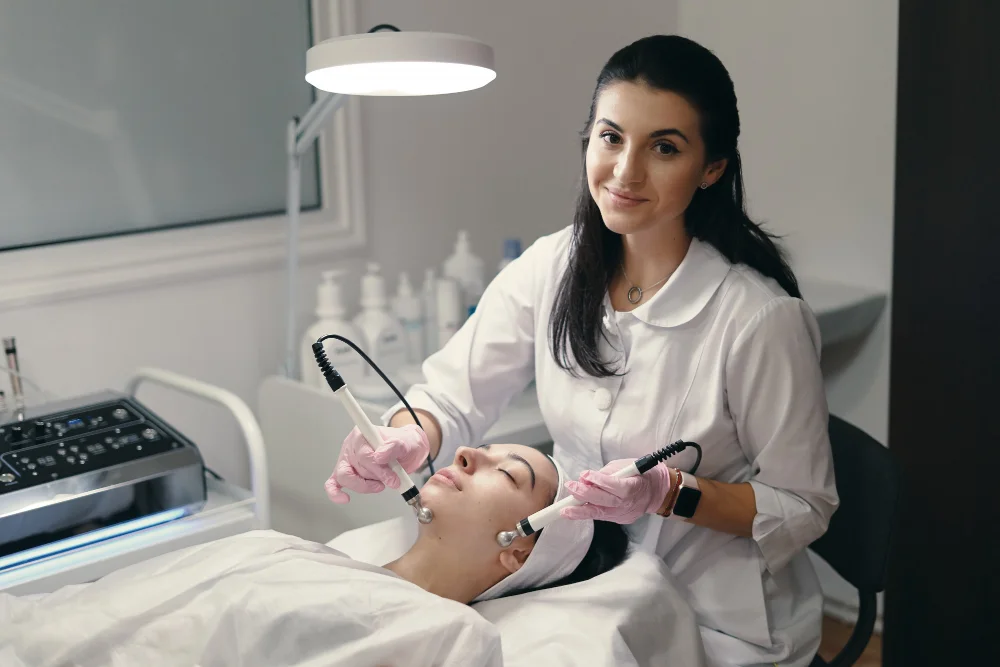From Acne to Eczema, Unveiling Insights and Strategies for Healthy, Radiant Skin
Our skin serves as a protective barrier, shielding us from
environmental toxins, regulating body temperature, and conveying sensory information.
However, various factors such as genetics, lifestyle, and environmental stressors can
disrupt the delicate balance of the skin, leading to a myriad of common skin conditions.
Join us as we explore the complexities of skin health, unravel the mysteries of common skin
conditions, and champion strategies for prevention, management, and radiant skin.
Understanding Common Skin Conditions:Demystifying the Diverse World of Dermatology
Skin conditions encompass a broad spectrum of disorders that
affect the skin's appearance, texture, and function. From acne and eczema to psoriasis and
rosacea, each condition presents unique challenges and requires tailored treatment
approaches. While the exact causes of skin conditions may vary, factors such as genetics,
hormonal imbalances, immune system dysfunction, environmental triggers, and lifestyle
choices can contribute to their development.
Acne: Confronting the Challenges of Breakouts:Empowering Strategies for Clear,
Blemish-Free Skin
Acne is a common skin condition characterized by the formation of
pimples, blackheads, and cysts, typically occurring on the face, chest, back, and shoulders.
While acne is often associated with adolescence, it can affect individuals of all ages and
genders. Effective acne management strategies may include topical treatments, oral
medications, lifestyle modifications, and professional skincare interventions. By adopting a
comprehensive approach to acne management, individuals can achieve clearer, healthier skin
and boost their confidence and self-esteem.
Eczema: Soothing the Itch of Irritated Skin:Finding Relief and Comfort for Sensitive
Skin
Eczema, also known as atopic dermatitis, is a chronic inflammatory skin condition
characterized by redness, itching, and dryness. While the exact cause of eczema remains
unknown, factors such as genetics, immune system dysfunction, and environmental triggers may
contribute to its development. Treatment options for eczema typically include moisturizers,
topical corticosteroids, antihistamines, and lifestyle modifications to manage symptoms and
minimize flare-ups. By nurturing the skin with gentle, hydrating skincare products and
avoiding potential triggers, individuals can find relief from eczema-related discomfort and
irritation.
Psoriasis: Managing the Challenges of Flaky Skin:Strategies for Addressing Plaque
Psoriasis and Beyond
Psoriasis is a chronic autoimmune condition characterized by the rapid turnover of skin
cells, leading to the formation of thick, red, scaly patches known as plaques. These plaques
can be itchy, painful, and emotionally distressing for those affected by the condition.
Treatment options for psoriasis may include topical medications, phototherapy, systemic
medications, and biologic therapies to reduce inflammation and slow skin cell turnover. By
working closely with healthcare providers and adopting a comprehensive treatment plan,
individuals can effectively manage their psoriasis and improve their quality of life.
Rosacea: Calming the Redness of Sensitive Skin:Strategies for Reducing Flushing and
Managing Rosacea Symptoms
Rosacea is a chronic inflammatory skin condition characterized by redness, flushing, and
visible blood vessels, typically affecting the face. While the exact cause of rosacea
remains unknown, factors such as genetics, environmental triggers, and vascular
abnormalities may contribute to its development. Treatment options for rosacea may include
topical medications, oral antibiotics, laser therapy, and lifestyle modifications to reduce
inflammation and minimize flare-ups. By avoiding potential triggers such as sun exposure,
spicy foods, alcohol,
Prevention and Skincare Tips:Nurturing Skin Health and Radiance
In addition to targeted treatments for specific skin conditions, adopting a proactive
approach to skincare and preventive measures can help maintain optimal skin health and
vitality. Daily skincare routines should include gentle cleansing, moisturizing, and sun
protection to protect the skin from environmental damage and maintain its natural barrier
function. Choosing skincare products that are suitable for your skin type and avoiding harsh
ingredients can help minimize irritation and reduce the risk of developing skin conditions.
Additionally, staying hydrated, eating a balanced diet rich in antioxidants, and managing
stress levels can support overall skin health and radiance.
In Conclusion: Embracing Skin Health
As we navigate the landscape of common skin conditions, let us embrace the journey with a
commitment to nurturing and protecting our skin. By understanding the underlying causes of
skin concerns, adopting preventive measures, and seeking professional guidance when needed,
we can achieve healthier, more radiant skin and enhance our overall well-being.
Join the movement for skin health awareness and advocacy, and be a champion for radiant,
resilient skin in your community. Together, let us illuminate the path towards healthier skin
and empower individuals to embrace their natural beauty with confidence and grace.





